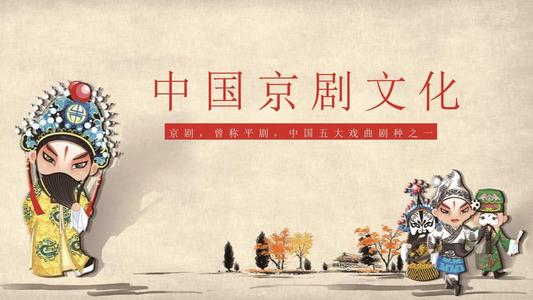The most obvious indication of Chinese’s regaining of cultural confidence is their eagerness to learn and participate in all kinds of traditional cultural activities. Since they are so confident about their own traditional culture, it’s out of question that they would like influence people in other countries through “cultural soft power”.
The latest concept to describe the attraction of cultural power should be the “soft power” brought up by Joseph Nye. It means the kind of subtle influence that can make changes in a long time without being noticed, instead of seduction or coercion which can only force others obey temporally.
In the last few centuries, generations of well-learned Chinese have translated numerous of foreign books into Chinese, which has expanded the horizon of people in China. In the field of philosophy alone, the books of many philosophers, as long as their names have been remembered, have been translated into Chinese, from Socrates, Kant, Hegel and Sartre. It’s no exaggeration to say that Chinese scholars are more familiar with western philosophy than their counterparts to Chinese philosophy. The same stories also go on in literature, art, music and painting.
The achievement of 30 years of reform and opening up was something to be proud of. China has improved it’s comprehensive national strength and is now the second largest economy in the world. As a result, China’s regaining confidence of it’s traditional culture is in line with rules of history.
The most obvious sign of China’s recovery of cultural confidence is Chinese people’s enthusiasm to various traditional cultural activities. Take wedding as an example. One or two decades ago, new couples were so willing to have western-style wedding ceremonies. But the latest fashion currently is traditional wedding with customs from Han Dynasty and Tang Dynasty. Kids are relearning Standards for Students, a well-known traditional book to introduce basic rules to kids. Since Chinese are so confident of their own culture, it’s natural of them to find ways to influence foreigners with “cultural soft power”. In essence, Confucius Institutes all over the world are counterparts of British Council from UK, Goethe Institute from Germany and Alliance Francaise from France, all of which are institutes responsible for cultural communication. Of cause, compared with those experienced western cultural institutes established a long time ago, there’s still space for improvement for young Confucius Institutes, but still, they have done a relatively good job judging from it’s overall achievement, at least in the teaching of Chinese as a foreign language.
There is an ongoing project organized by Chinese government--the translation of the Five Classics, namely, the Book of Songs, the Book of History, the Book of Rites, the Book of Changes and the Spring and Autumn Annals. According to the released information, this has been the first time that China government organized a project in all over the world to translate Chinese core cultural classics. The Five Classics will be translated into nine languages, including English, German, Russian, French, Spanish, Arabic, Hebrew, Hindi and Malay. If the project is accomplished, it will have unimaginable effect on the spread of Chinese culture in the world.
Joseph Nye said in an interview in 2006 that “China’s soft power is increasing while that of America is decreasing. America should notice this and make effort. In my point of view, the improvement of China’s and America’s soft power are not in conflict. Instead, they should complement each other so as to keep good China-US tie.” He also said that Chinese culture had attraction in many aspects. A lot of them were well-received in America, including China’s traditional arts and culture, Chinese understanding of the relationship between people and nature, calligraphy, painting, Kung fu, Chinese cusine and traditional clothes.
